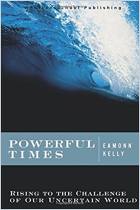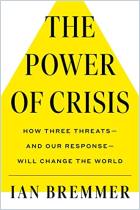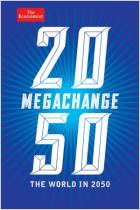Melden Sie sich bei getAbstract an, um die Zusammenfassung zu erhalten.

Melden Sie sich bei getAbstract an, um die Zusammenfassung zu erhalten.
Ross Douthat
The Decadent Society
How We Became the Victims of Our Own Success
Avid Reader Press, 2020
Was ist drin?
Developed Western societies are decadent and exhausted, but that might spur a new renaissance.
Recommendation
Modern societies relied on the idea of progress, but didn’t make any. Their economies, politics and culture became “decadent,” weary and static, without direction or optimism, says conservative analyst Ross Douthat – and that was his take even before COVID-19. Yet, he says, this period of stagnation may lead to a renaissance. Writing amid political and cultural turbulence, Douthat poses urgent and prescient questions about the future of affluent Western societies that no one – including the author, as he says – can answer.
Summary
About the Author
Conservative political analyst and New York Times columnist Ross Douthat also wrote Bad Religion: How We Became a Nation of Heretics; To Change the Church: Pope Francis and the Future of Catholicism; and The Deep Places: A Memoir of Illness and Discovery.

















Comment on this summary